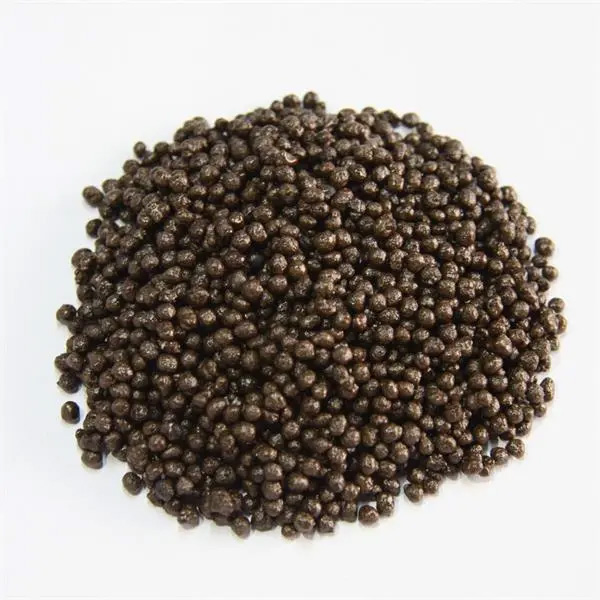Food-grade diammonium phosphate (DAP) is a key ingredient in food production and offers a range of benefits that help improve food quality and safety. This article aims to comprehensively understand the advantages of food-grade DAP in food production.
Food-grade DAP is a highly soluble ammonium phosphate fertilizer that is also widely used as a food additive. It is composed of 18% nitrogen and 46% phosphorus, making it an excellent source of these essential nutrients in plants and foods. In food production, food-grade DAP has a variety of uses, including as a starter culture, nutrient source, and pH adjuster.
One of the main advantages of food-grade DAP in food production is its role as a leavening agent. When used in baking, it reacts with alkaline baking soda to produce carbon dioxide gas, which helps dough rise and creates a light, airy texture in baked goods. This process is essential in the production of bread, cakes and other baked products, helping to improve their overall quality and texture.
Additionally, DAP food grade types serve as a valuable source of nutrients for food products. The nitrogen and phosphorus it provides are essential for plant growth and development and the production of high-quality food. These nutrients support the healthy development of crops, ensuring they are robust and nutritious for consumption.
Additionally, DAP food grade types act as pH regulators in food production. It helps maintain the acidity or alkalinity of foods, which is critical to achieving desired flavor, texture and shelf life. By controlling pH, DAP food grade types contribute to the overall stability and quality of food products, ensuring they meet consumer standards.
In addition to their direct benefits in food production, Di-Ammonium Phosphate food grade types also play a role in ensuring food safety. By providing essential nutrients and regulating pH, it helps create an environment conducive to the production of safe and high-quality food. This is particularly important in the food manufacturing world, where maintaining strict quality and safety standards is crucial.
It is important to note that di-ammonium phosphate (DAP) food grade types are regulated and approved for use in food production, ensuring that they meet the necessary safety and quality standards. When used in accordance with regulations and guidelines, Di-Ammonium Phosphate food grade types can become valuable and reliable ingredients in a variety of food production.
In summary, the benefits of using food-grade Di-Ammonium Phosphate in food production are significant and widespread. From its role as a leavening agent to its role as a nutrient source and pH regulator, food-grade Di-Ammonium Phosphate plays a vital role in ensuring the quality, safety and nutritional value of food. By understanding and leveraging the advantages of Di-Ammonium Phosphate food grade types, food manufacturers can improve the quality and appeal of their products, ultimately benefiting consumers and the food industry as a whole.
Post time: Jun-03-2024

